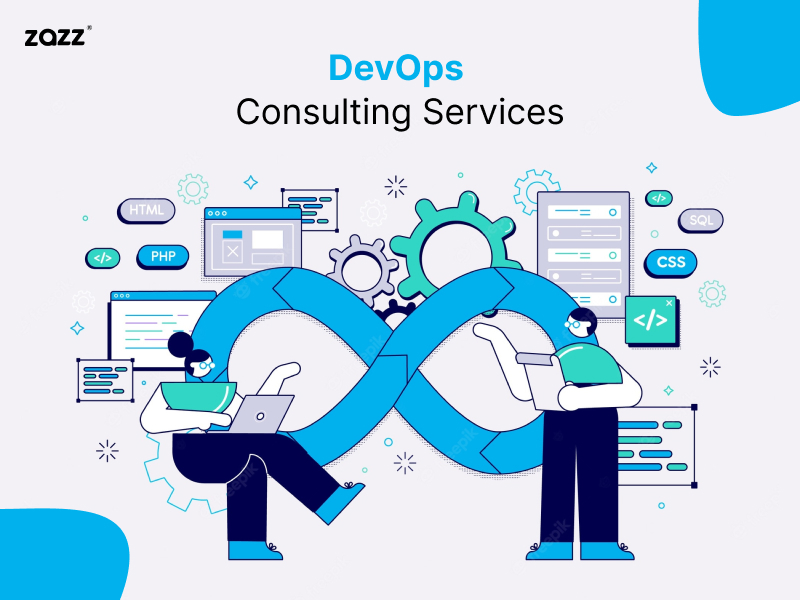5 Requirements For QA to Seamlessly Integrate with DevOps
 Megan campbell
Megan campbell
For software development businesses aiming to code, build, test, and deploy software as a continuous process, DevOps, which combines Development and Operations teams working together, is a top choice. Its ability to create a fast-paced, results-driven, collaborative workplace that promotes self-improvement and cross-skilling is the basis for its popularity.
Agility fostered by DevOps enables immediate operational support and quick fixes that meet the expectations of stakeholders. But most importantly, it makes a guarantee that high-quality software is developed quickly and under pressure.
The role of QA in DevOps
Pointers that are responsible for ascertaining a high-quality end product.
To ensure the caliber of the codes, testing, and deployment, QA is essential.
As a continual strategy to guarantee continuous development with quality, QA serves as a bridge between Development and Operations.
QA assists in the early detection of issues during the DevOps process, ensuring the software application's quality.
By integrating QA with development and operations, Agile is created, allowing for the continual improvement of software programs.
QA contributes to the achievement of DevOps goals by continuously upgrading technology in accordance with market and consumer demands.
1. Focus on the Fundamental Principles of Testing
Since testing is at the heart of quality assurance, competent and seasoned testing engineers ought to be on the team. Make sure your app developers in Los Angeles are focused on the requirements of the agile testing quadrant, keeps a close eye on risk factors, and have critical testing thinking about both functional and non-functional parts of the application.
2. Familiar with the Frameworks and Tools
The ability of the testers to comprehend a certain development environment is also required, even though having the freedom to experiment and try new things with the application is a requirement. This makes the testing engineers start contributing value during the design phase and advising the development team on potential outcomes and constraints.
3. Adopting Agile Testing Techniques
Development, QA, and Operations are synchronized in an agile manner through DevOps.
QA, activities, and coordinated nimbleness are all parts of DevOps consulting services. The agile technique or practice is now an essential component of creating or testing software. The question to ask is if the QA team will be able to make sure that the right coverage is in line with the relevant risks, adjusted to the right threats, and able to quicken the pace in the Agile/DevOps environment. Does the group or its participants have any experience operating in unusual settings?
4. Experience in a Related Industry
Verify the testers' industry experience to make sure it is pertinent. A person with prior experience in the field is more likely to be knowledgeable about user experiences and their likely effects on the company. They are able to foresee any future blockages in this way.
4. Group Culture
The QA team's culture is one of the factors in DevOps that would be most important. The QA staff must constantly be alert as part of the DevOps strategy. They should be moral, capable of making quick adjustments, and friendly with the development and operations staff.
To Sum Up
Organizations can benefit from using a QA service provider like Zazz to achieve the ideal balance between software testing, development, and operations.
Subscribe to my newsletter
Read articles from Megan campbell directly inside your inbox. Subscribe to the newsletter, and don't miss out.
Written by

Megan campbell
Megan campbell
I am a senior content writer working with industry for over 4 years. I love to share my point of view. I am passionate for tech blogger. I write blogs on digital marketing, IT Industry, and all the latest trends.